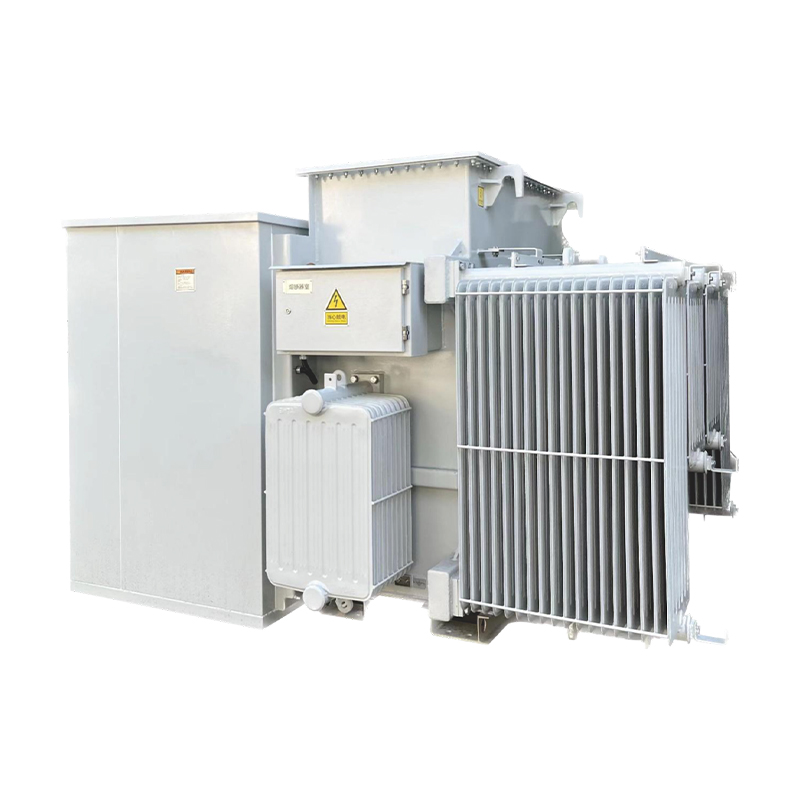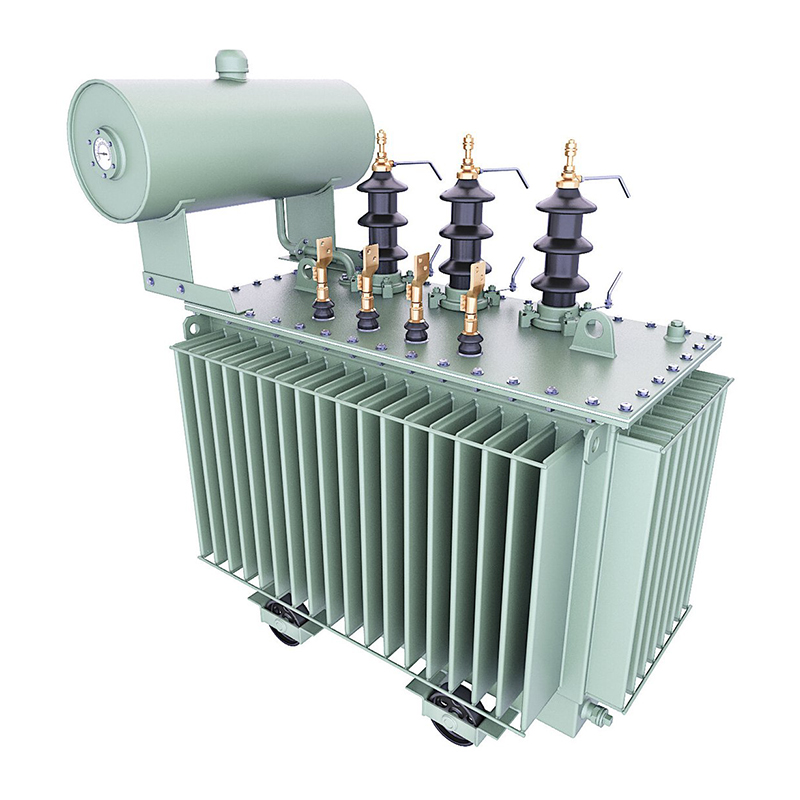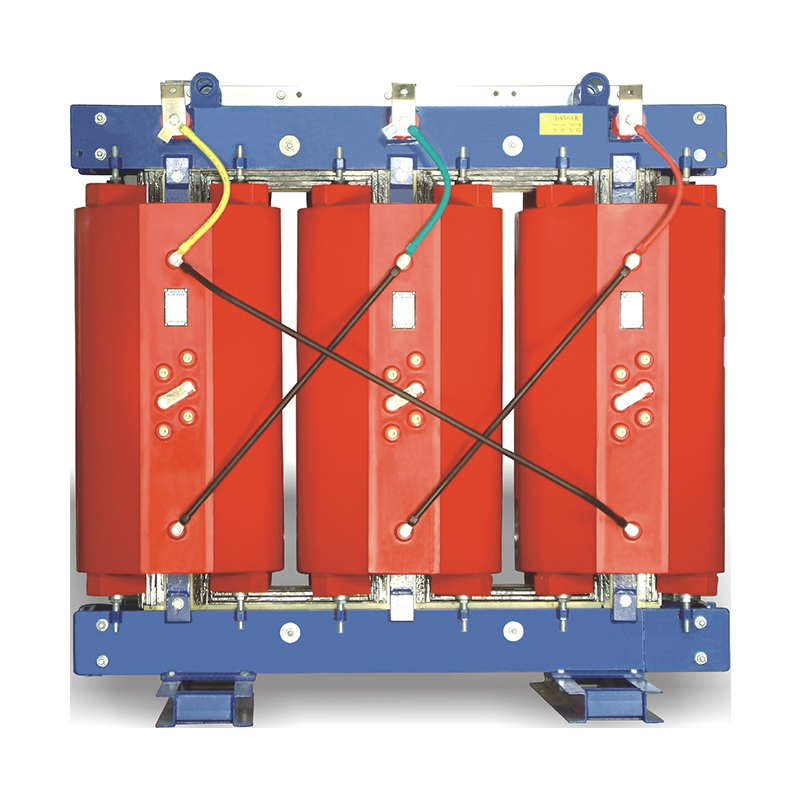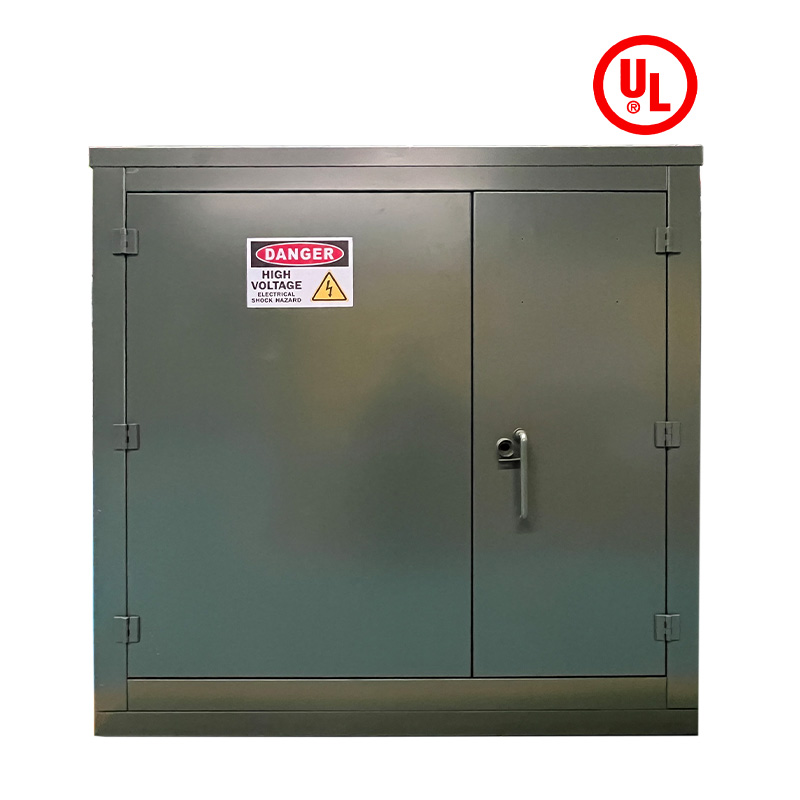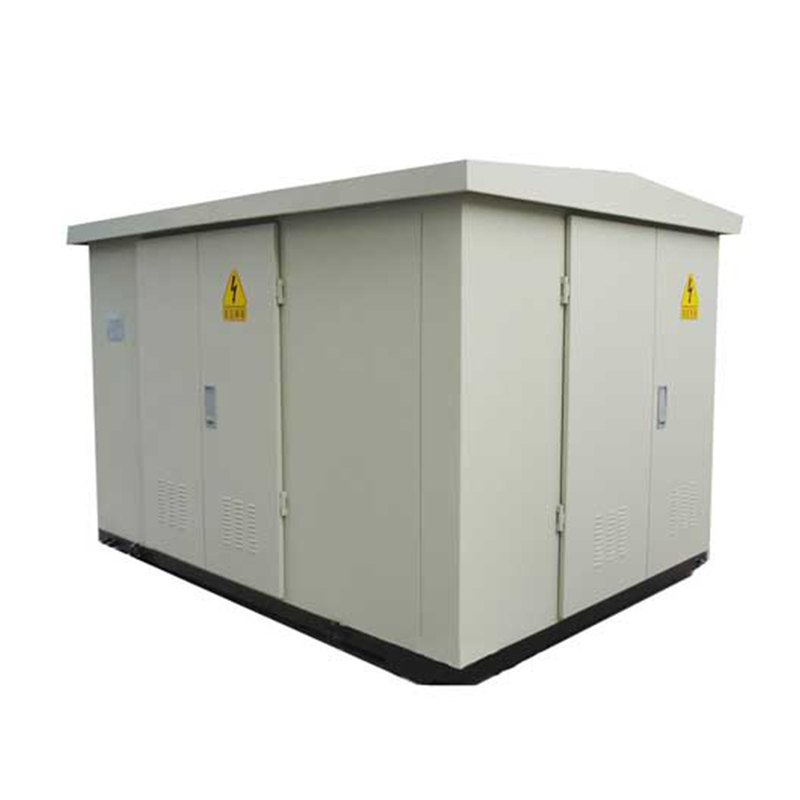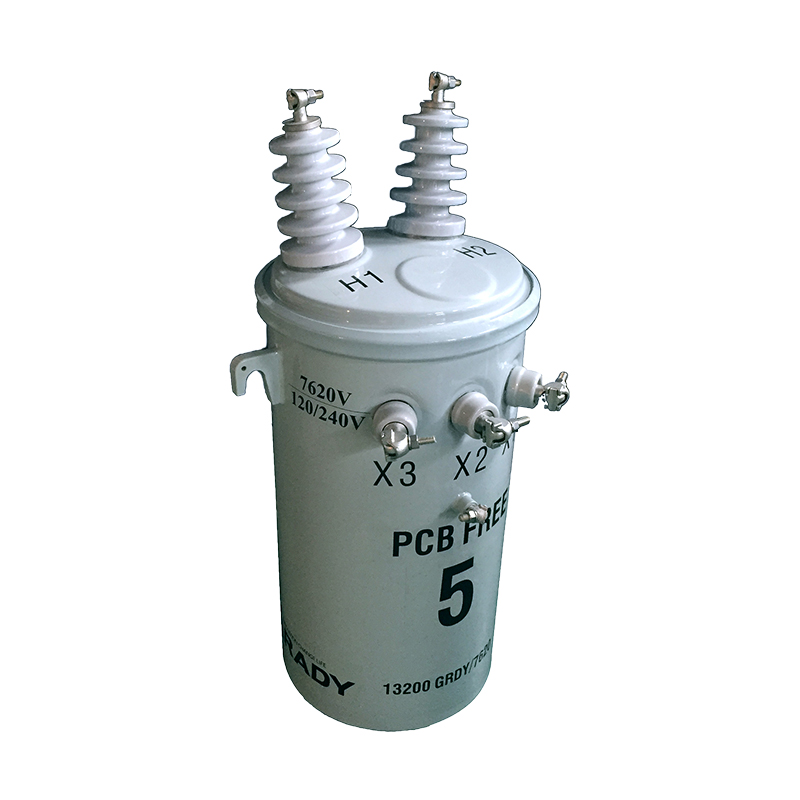Insulation materials and insulation grades of power transformers
Insulation materials and insulation grades of power transformers
1、 Insulation material
The commonly used insulation materials for power transformers include the following:
1. Transformer oil: mainly used for insulation and heat dissipation, its voltage resistance and heat dissipation performance are better than air.
2. Insulated cardboard: commonly used as the main insulation for soft paper tubes, supports, pads, phase partitions, iron yoke insulation, etc., with good insulation performance.
3. Cable paper: mainly used for inter turn insulation, interlayer insulation, lead insulation of transformer windings, and reinforced insulation of end leads.
4. Adhesive paper products: commonly used for insulation between transformer windings and iron cores, windings and windings, as well as insulation between iron yoke screws and tap changers, with good electrical performance and mechanical strength.
5. Wood: After processing, it is used as a lead bracket, tap bracket, and made into wood screws in transformers.
6. Lacquer cloth or lacquer cloth tape: It has good electrical performance, high strength and elasticity, and is often used to wrap bent leads or places that require high binding quality.
7. Electric porcelain products: mainly used as external insulation for sleeves.
8. Epoxy products: used to impregnate and tie glass ribbon for iron core columns, sometimes also made into plates, rods, rings, and tubes, and used as insulation components.
2、 Insulation level
The insulation level of power transformers refers to the heat resistance level of the insulation materials used in the transformer windings. The commonly used insulation levels are A, E, B, F, and H, and each insulation material of each insulation level has a corresponding maximum allowable working temperature.
1. Class A insulation: The allowable temperature is 105 ℃, the rated working temperature is 95 ℃, and the maximum allowable value is 140 ℃. Materials such as cotton yarn, silk, and ordinary enameled wire insulation paint after insulation impregnation.
2. E-class insulation: The allowable temperature is 120 ℃, the rated working temperature is 110 ℃, and the maximum allowable value is 155 ℃. Materials such as epoxy resin, cellulose triacetate film, polyester film, and high-strength enameled wire insulation paint.
3. B-class insulation: The allowable temperature is 130 ℃, the rated working temperature is 120 ℃, and the maximum allowable value is 165 ℃. Materials that bond or impregnate inorganic materials such as mica, fiberglass, asbestos with organic materials.
4. F-class insulation: The allowable temperature is 155 ℃, the rated working temperature is 145 ℃, and the maximum allowable value is 190 ℃. Mica, glass fiber, asbestos, and other inorganic materials bonded or impregnated with special organic materials.
5. H-class insulation: The allowable temperature is 180 ℃, the rated working temperature is 175 ℃, and the maximum allowable value is 220 ℃. Mica, glass fiber, asbestos, and other inorganic materials bonded or impregnated with special organic materials, as well as organic silicone rubber.
When choosing a power transformer, appropriate insulation materials and insulation levels should be selected based on the actual usage environment and load conditions to ensure the safe and stable operation of the transformer.
Relatenews
- Architecture Design of IoT-Based Monitoring System for Power Transformers 2025-09-05 15:27:00
- Judgment Standards and Oil Change Process for Power Transformer Oil Deterioration 2025-09-05 15:23:00
- Design and Mechanical Strength Verification of Short-Circuit Withstand Capability for Power Transformers 2025-09-05 15:19:00
- The Role of Power Transformers in Voltage Regulation within Power Systems 2025-08-25 08:14:00
- Environmental Regulations and Technical Measures for Power Transformer Noise Control 2025-08-25 08:12:00
- The Application of Big Data Analytics in Power Transformer Fault Prediction 2025-08-25 08:11:00
- Impact of Distributed Generation Integration on Load Characteristics of Power Transformers 2025-08-16 09:43:00
- Conditions and Protection Coordination Strategies for Parallel Operation of Power Transformers 2025-08-16 09:42:00





